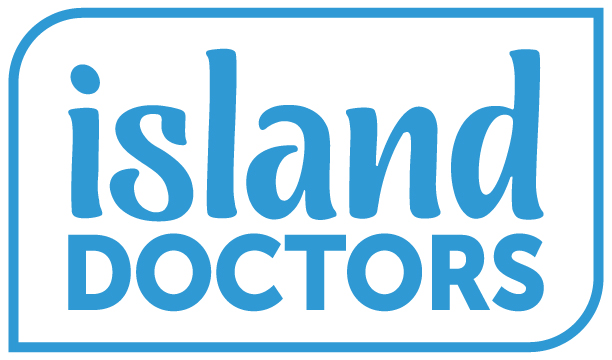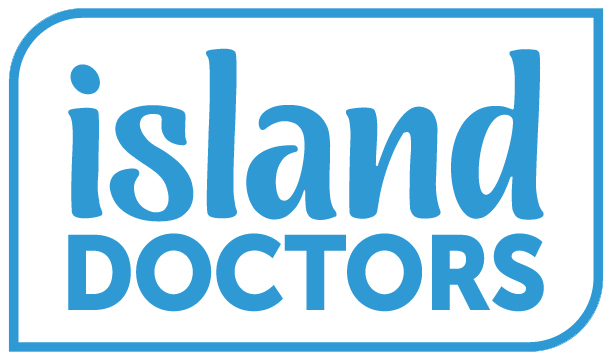Hyperlipidemia: Know Where You Stand
Cholesterol is a naturally occurring, was-like steroid that is carried in the bloodstream. The liver produces 75% of the body’s cholesterol, while 25% comes from dietary intake. Although it is often associated with elevated risk of heart disease, cholesterol is a vital building block in cell membrane development and maintenance. Health problems develop when too much and certain types of cholesterol accumulate in the system. Diet, lifestyle and genetics play a part in determining healthy or unhealthy cholesterol levels in the body.
There are 2 notable types of cholesterol in the body that determine how healthy your level is: HDL “good” and LDL “bad.” High LDL cholesterol levels can lead to a buildup in the arteries that can increase our risk of negative consequences, especially heart disease. Accumulation of “bad” cholesterol is often caused by high consumption of saturated fats, particularly animal-source fats, and exacerbated by factors such as insufficient exercise and a hereditary predisposition to high cholesterol.
LDL or “bad” cholesterol tends to adhere to and line arteries to create plaque, a dense buildup that hardens and narrows arteries and increases the danger of heart attack and stroke. “Good” cholesterol on the other hand is thought to play a role in actually removing excess cholesterol from the bloodstream via the liver.
One in six adults still suffer from high cholesterol levels. By ethnicity, Mexican American men and Caucasian women statistically share the highest cholesterol count. Cholesterol levels in seniors remain an overall indicator of cardiovascular health. Even more important, when other heart disease risks are present, owering cholesterol is one of the best approaches one can take toward reducing the risk of heart attack, stroke, or peripheral vascular disease. While one can’t change his or her age or family history, cholesterol can be reduced by increasing physical activity, maintaining a healthy weight, developing proper nutrition, and, if necessary, taking medication.
How can Island Doctors help me manage this condition (hyperlipidemia)?
At Island Doctors, an integral part of our mission is to manage healthy cholesterol levels in all our patients. Our In-house services and screening schedule help you understand your health risks and can help increase the quality and quantity of your years ahead. For more information on the effects of cholesterol, check out these interesting articles: Dementia, Alzheimers Disease: just another way Island Doctors does more than you come to expect from your doctor.







